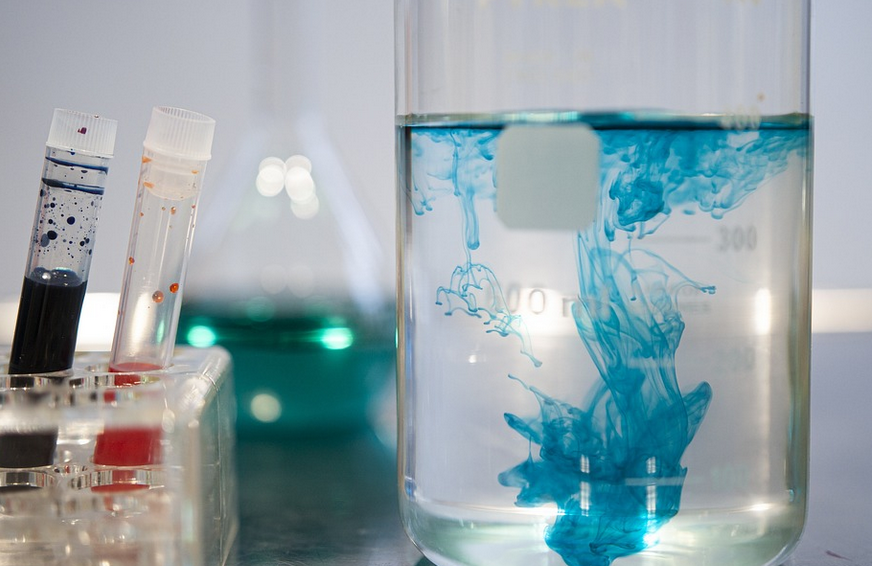Introduction
Chemotherapy is a common treatment for cancer that works by killing fast-growing cells in the body. Unfortunately, it can also damage healthy cells, including those in the kidneys and the digestive system. One of the side effects of chemotherapy is changes in the levels of potassium in the body. In this article, we will discuss what you need to know about chemotherapy and potassium levels in 2023.
What is Potassium and Why is it Important?
Potassium is a mineral that is essential for the proper functioning of the body. It is involved in many processes, including muscle contraction, nerve function, and heart rhythm. Potassium levels in the body are tightly regulated, and any imbalance can lead to serious health problems.
How Does Chemotherapy Affect Potassium Levels?
Chemotherapy can cause changes in potassium levels in several ways. First, it can damage the kidneys, which are responsible for regulating potassium levels in the body. Second, it can cause vomiting and diarrhea, which can lead to dehydration and electrolyte imbalances, including potassium. Third, some chemotherapy drugs can directly affect potassium levels in the body.
Symptoms of Low Potassium Levels
Low potassium levels, also known as hypokalemia, can cause a range of symptoms, including weakness, fatigue, muscle cramps, and constipation. In severe cases, it can lead to heart rhythm disturbances, paralysis, and even death.
Symptoms of High Potassium Levels
High potassium levels, also known as hyperkalemia, can also cause a range of symptoms, including muscle weakness, nausea, and irregular heart rhythms. In severe cases, it can lead to cardiac arrest.
How is Potassium Imbalance Treated?
Treatment for potassium imbalance depends on the severity of the imbalance and the underlying cause. In some cases, simply adjusting the diet can be enough to correct the imbalance. In other cases, medications may be needed to regulate potassium levels. In severe cases, hospitalization may be necessary to provide intravenous fluids and medications.
Tips for Maintaining Proper Potassium Levels During Chemotherapy
If you are undergoing chemotherapy, it is important to monitor your potassium levels and take steps to maintain proper balance. Here are some tips to help you do so:
- Eat a potassium-rich diet, including foods such as bananas, avocados, and spinach.
- Drink plenty of fluids to prevent dehydration.
- Take any prescribed medications as directed.
- Report any symptoms of potassium imbalance to your healthcare provider.
Conclusion
Chemotherapy can cause changes in potassium levels in the body, which can lead to serious health problems. It is important to monitor your potassium levels and take steps to maintain proper balance during chemotherapy. By following the tips outlined in this article and working closely with your healthcare provider, you can help minimize the risk of potassium imbalance and its associated complications.

